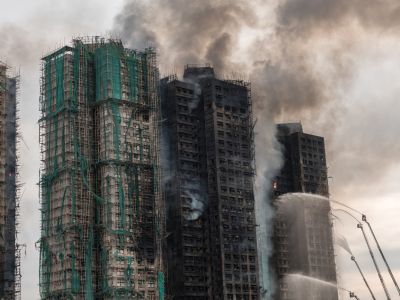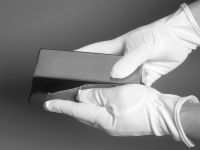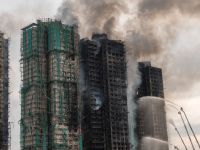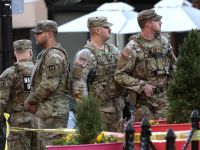Forty-one heads of French-speaking countries started a three-day summit chaired by Lebanese President Emile Lahoud, who condemned any attack on Iraq in his opening words.
Lahoud recalled "the unanimous decision of the Arab summit in Beirut in March which condemned in principle any foreign military action against an Arab country, particularly Iraq." "The two arguments raised to back such an action, namely Iraq's failure to respect certain UN resolutions and its production of arms of mass destruction, will remain unconvincing as long as Israel, which has acquired nuclear weapons, continues to ignore with impunity a large number of UN resolutions adopted since 1948," the year of the creation of the Jewish state, said Lahoud, according to AFP.
Lahoud also accused Israel of "exploiting" the world turmoil since the September 11, 2001, terror attacks on the United States to "present its repression of the Arab (Palestinian) resistance as a local implementation of the world battle against terrorism."
The francophone summit is held at a new luxurious seafront complex in downtown Beirut. French President Jacques Chirac used his opening speech to argue that the use of force in Iraq, and elsewhere, must be a last resort.
"In Beirut, let's reaffirm a fundamental creed: In the modern world, the use of force can only be an exceptional and final recourse," Chirac said. "Whether it is a matter of making Iraq respect its obligations, or reviving the Israeli-Palestinian peace, or resolving the conflicts in Africa, we must follow the same moral logic," Chirac added.
Amr Moussa, secretary general of the Arab League, Vietnamese President Tran Duc Luong and Algerian President Abdelaziz Bouteflika were others who pleaded eloquently for a peaceful solution in Iraq.
The francophone leaders will hold closed-door discussions until Sunday, when they will unveil a final statement called the Beirut Declaration.
The statement will deal mainly with the more than two years of bloody fighting between Israel and the Palestinians, the rebellion in the Ivory Coast, and development and democratic issues.
The leaders are also due to discuss the war against terrorism, the development of democracy, and the rule of law in countries of the southern hemisphere.
© 2002 Al Bawaba (www.albawaba.com)









